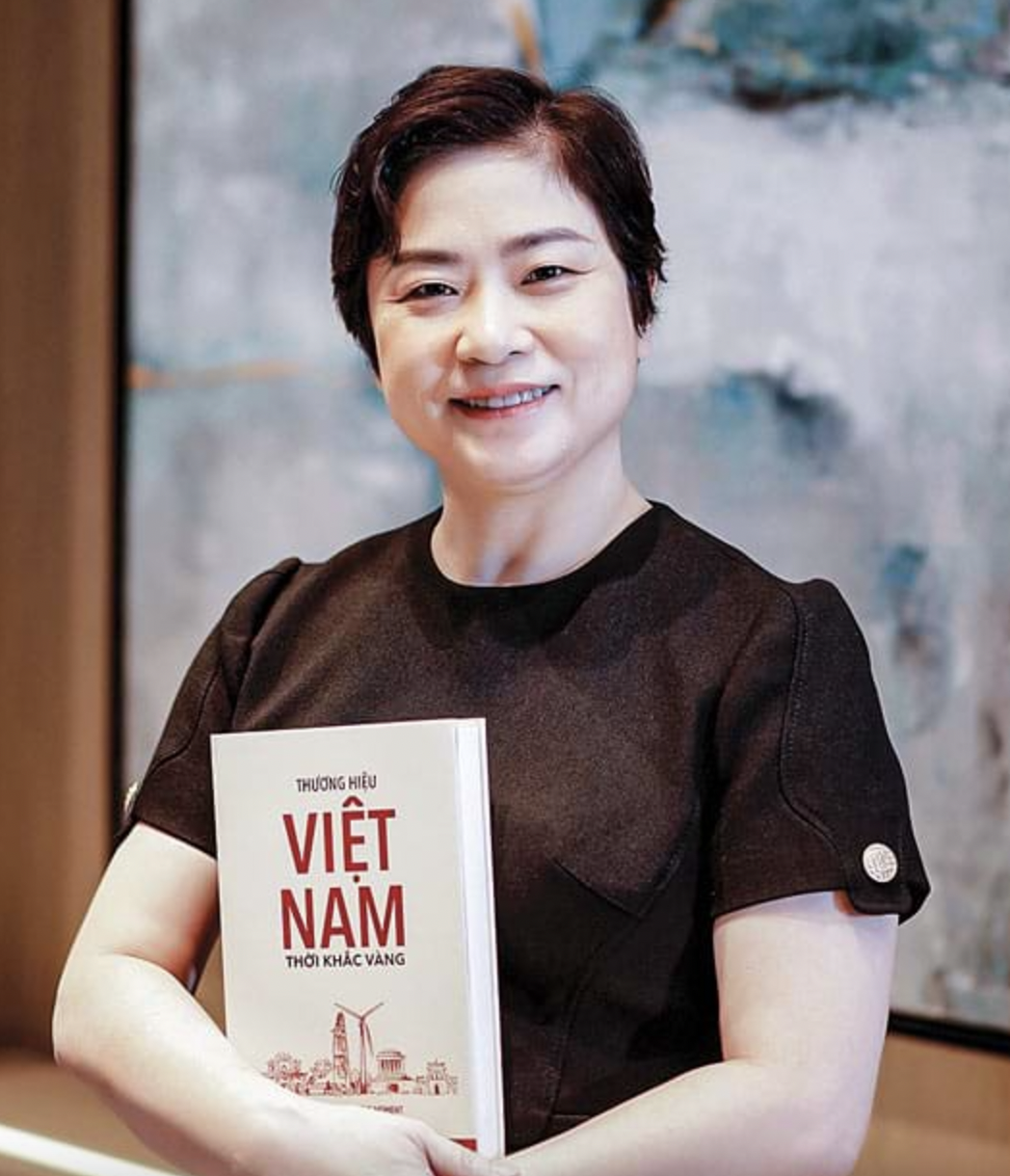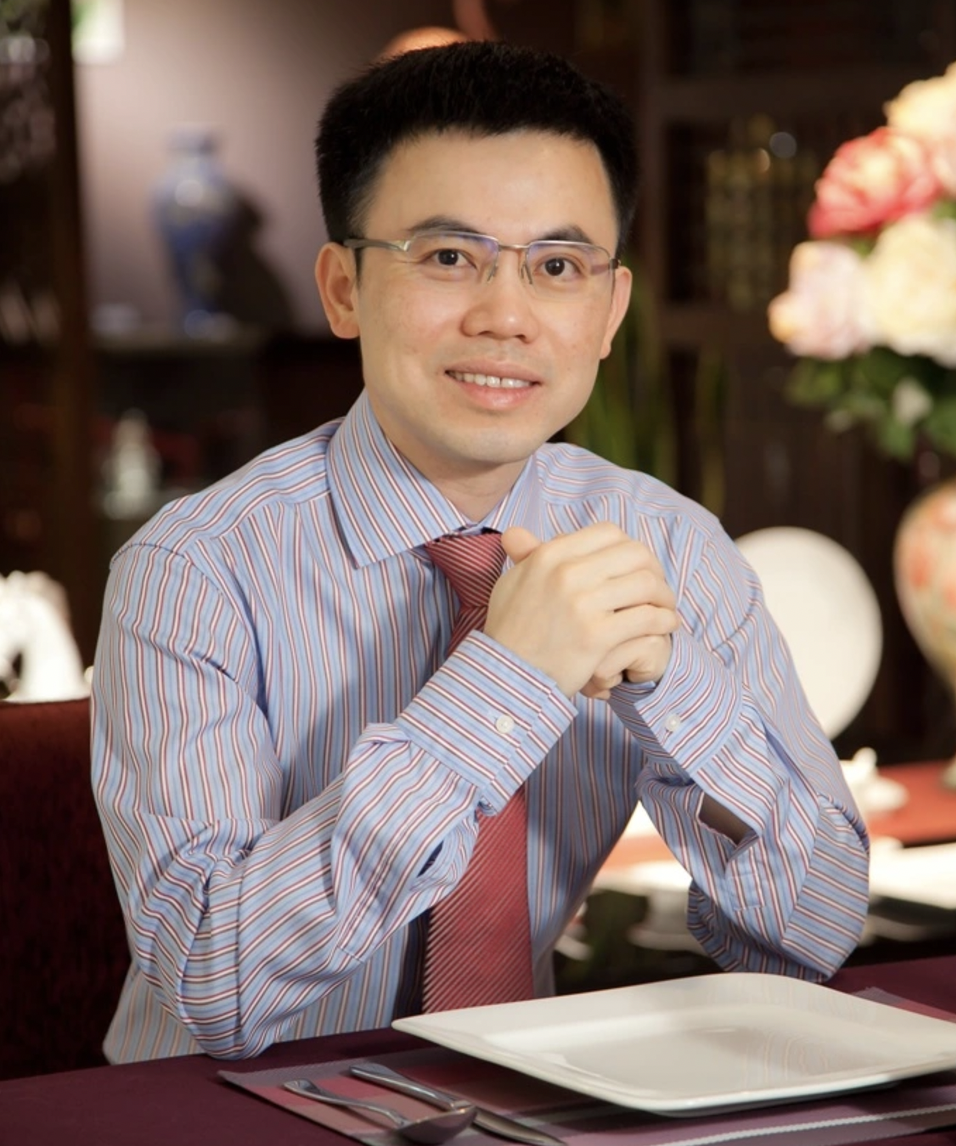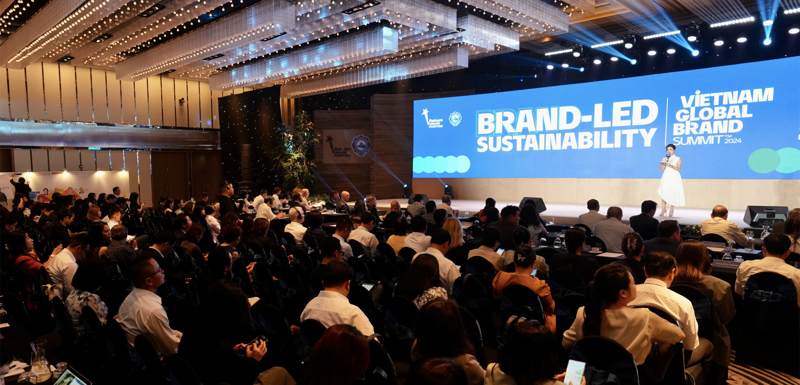Over a decade ago, Thien Long, a leading name in Vietnam’s stationery industry, took a bold step by experimenting with eco-friendly products made from recycled plastic, including blackboards, ballpoint pens, and industrial pallets. Despite its ambitious vision for a more sustainable future, the journey has been rather challenging. Quality issues and high production costs strained the company’s resources, testing its resilience. This period was a hard-earned lesson for Thien Long. As CEO Tran Phuong Nga recalled, “To succeed, we had to reduce costs, refine designs, and clearly convey our message to customers.”
The challenges didn’t stop there. The rise of e-commerce brought fierce new competition, while counterfeit products flooded the market, eating into consumer trust. Many businesses may have pivoted to quick fixes, but Thien Long chose a different path - a sustainable one. “For the company, sustainability wasn’t just about eco-friendly products; it was a philosophy rooted in purpose,” Ms. Nga said.

"For Thien Long, sustainability wasn’t just about eco-friendly products; it was a philosophy rooted in purpose”

"For Thien Long, sustainability wasn’t just about eco-friendly products; it was a philosophy rooted in purpose”
Thien Long’s journey underscored a vital truth: sustainable brand development is not just a noble endeavor, it’s a strategic imperative. For Vietnamese brands seeking to leave their mark on the global stage, sustainability offers a unique edge. To make a difference internationally, Vietnamese brands must embrace sustainability not as a trend but as a cornerstone of their identity.
Timeless approach
Speaking at the first-ever Vietnam Global Brand Summit 2024 Brand-led Sustainability, held on November 22 by the Ho Chi Minh City Business Association (HUBA) and Vietnam Brand Purpose, Mr. Nguyen Ngoc Hoa, Chairman of HUBA, pointed out that Vietnam’s deepening global integration and the drive among businesses to explore new markets present a golden opportunity to align resources, elevate Vietnamese brands on the world stage, and cultivate an internationally-influential business community. Such efforts, he explained, would be the driving force behind the development and enhancement of the Vietnam National Brand.
Sustainability is at the heart of this vision, serving as a foundation for businesses to thrive in both domestic and international markets. Alongside supportive government policies, sustainability-focused corporate governance and leadership are vital. Brands, as Mr. Hoa noted, have an undeniable “soft power” that can shape public perceptions, influence consumer habits, and foster community responsibility - elements that are key to creating meaningful change. “Looking ahead, sustainability promises to amplify this impact even further,” he believes.

"Sustainability serves as a launch-pad, enabling businesses to stand firm in both domestic and global markets."

"Sustainability serves as a launch-pad, enabling businesses to stand firm in both domestic and global markets."
Ms. Tran Tue Tri, Co-Founder and Senior Advisor at Vietnam Brand Purpose, offered her perspective, calling sustainability a defining narrative for Vietnam’s National Brand. “Sustainable development will be a defining, timeless, and impactful narrative for Vietnam’s National Brand,” she explained. “It serves as a launch-pad, enabling businesses to stand firm in both domestic and global markets.” She added that alongside State policies, corporate sustainability strategies and sustainable brand leadership play an indispensable role.
With investments in innovation and comprehensive promotional efforts, sustainable brands are already transforming consumer behavior and creating new lifestyle trends. This demonstrates that sustainability is not just a responsibility but a tremendous opportunity for Vietnamese brands to redefine themselves, make an impact, and gain recognition globally.
Paying a premium
Globally, sustainability is also a driving force. Ms. Marie-Anne Aymerich, Non-Executive Director and Chair of the Sustainability Development Committee for Environment and Society at Haleon Global, underlined that sustainability is now a core focus for businesses. However, it must be embedded at the heart of a company’s strategy, with clear and well-defined goals from the outset.
An ESG (environmental, social, and governance) framework is vital for shaping modern business strategies, enabling companies to build trust and strengthen connections with consumers. To succeed in today’s environment, Ms. Aymerich outlined five key approaches.
First, balancing the tension between ESG and business needs remains a significant challenge. Companies need to make tough decisions to navigate the trade-offs between meeting ESG standards and achieving business goals.
Second, the “multi-stakeholder game” emphasizes the value of collaboration and alliances between stakeholders, including suppliers, partners, and customers. Such partnerships create greater value and enable businesses to extend their reach.
Third, to address global challenges effectively, companies must build strategic alliances with other organizations and businesses to pursue shared objectives.
Fourth, consumers today increasingly value transparency in business operations. Customer trust is becoming a decisive factor for sustainable growth and long-term success.
Fifth, measuring outcomes is essential. Companies need clear, scientific methods to evaluate the effectiveness of their sustainability strategies, allowing for adjustments and improvements as necessary.
There are difficulties along this journey, Ms. Aymerich added. Courage and long-term vision, she emphasized, are essential for businesses to make bold decisions and commit to meaningful change, even when the path is anything but straightforward.
Mr. Alex Haigh, Managing Director of Asia Pacific at Brand Finance, said its data reveals that consumers are increasingly willing to pay a premium for sustainable products, even amid rising living costs and inflation. Sustainability is not just a trend but a business imperative, with over half of consumers expressing interest in electric vehicles and zero-emission certified products. Nearly 90 per cent would pay more if manufacturers could prove their supply chains leave no carbon footprint. This highlights a strong and expanding demand for sustainable products and eco-friendly shopping options, with almost all consumers now seeking sustainable products and packaging.
VinFast and Vinamilk exemplify Vietnamese businesses embracing sustainability. Brand Finance noted that VinFast’s brand value rose 140 per cent thanks to its commitment to net-zero, electric vehicles, and renewable energy. Vinamilk leads in ESG rankings, meanwhile, by shifting from organic products to sustainable food production, emphasizing environmental care and consumer well-being.
Making the impossible possible
A recent survey of Vietnamese consumers, according to Mr. Phil Worthington, Senior Client Director at MetrixLab, found that 75 per cent of Vietnamese consumers are familiar with the concept of sustainability, and 81 per cent said a brand’s sustainability efforts influence their purchasing decisions. Sustainability is primarily associated with environmental concerns, followed by social and economic considerations. Older consumers, especially those with higher incomes, are more inclined to pay a premium for sustainable products, with 82 per cent willing to spend more on such items.
Mr. Worthington pointed out that consumers are increasingly informed and open to sustainability issues. However, there is a “Values-Actions” gap, as only 10 per cent of consumers actually follow through on their environmental commitments. Thus, brands must be mindful of this gap and understand the broader range of factors influencing consumer purchase decisions. Simply claiming that “we are sustainable” isn’t enough; brands must provide a compelling reason for consumers to choose their products or services.

“To build a truly sustainable and leading business, the foundation must be rooted in good intentions, care for the community, and a focus on the consumer.”

“To build a truly sustainable and leading business, the foundation must be rooted in good intentions, care for the community, and a focus on the consumer.”
From the perspective of a business on the path to sustainability, Mr. Ly Huy Sang, General Director of Minh Long I Ceramics and Porcelainwares, said that over the past 2-3 years it has seen a younger demographic taking a keen interest in product sustainability. “As such, we are focused on engaging and educating students about eco-friendly products and practices that benefit the environment,” he said.
This younger generation is not only raising awareness within their families but is also fostering a broader cultural shift towards sustainable consumption. It is a movement that encourages environmental consciousness and nurtures a generation of mindful consumers who make sustainability a priority.
Moreover, Minh Long has made significant strides forward in reducing its environmental footprint, shifting from wood and charcoal to electricity, which has cut greenhouse gas emissions by up to 60 per cent. Recycling materials and by-products during production further conserves resources and reduces environmental impact.
However, Mr. Sang acknowledged the challenges, which include fierce competition from the plastic bottle market and the need for investment in production processes that balance cost efficiency with consumer benefits. Protecting intellectual property for the company’s innovations is also a key concern. “To build a truly sustainable and leading business, the foundation must be rooted in good intentions, care for the community, and a focus on the consumer,” Mr. Sang believes. “Only when customers trust and support the company can it achieve lasting, sustainable growth.”









 Google translate
Google translate